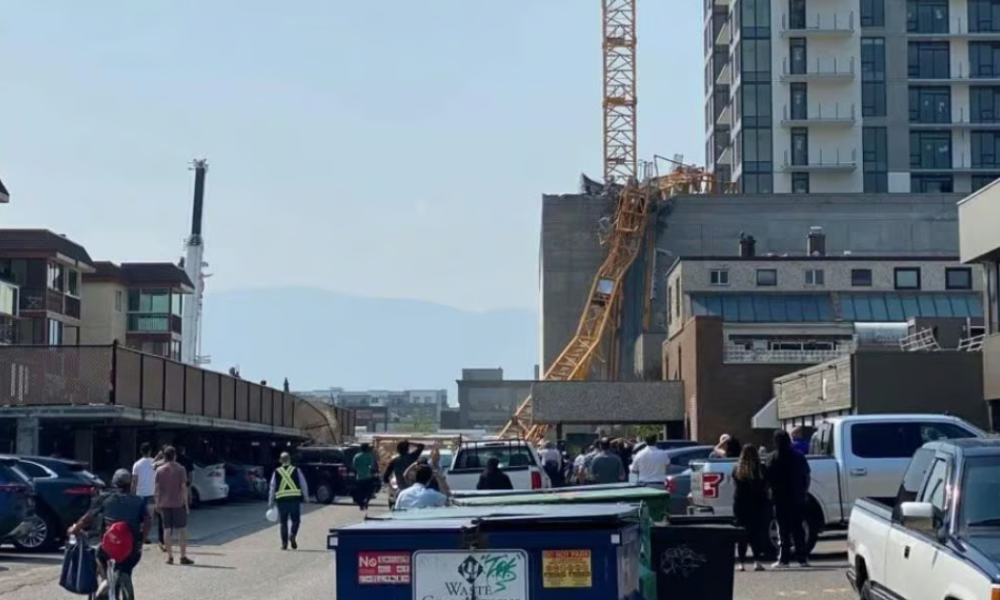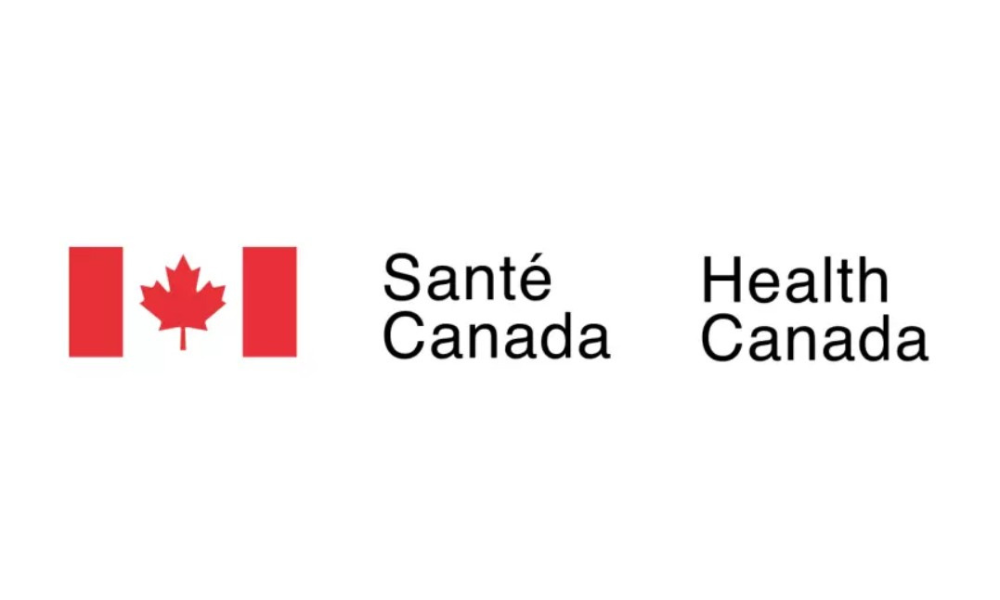Union issues three demands following RCMP recommendation of criminal negligence charge

On Wednesday a crane dropped it's load onto a building under construction in Vancuover's Oakridge neighbourhood, and one person died. The tragedy comes the same week the RCMP recommended British Columbia’s Prosecution Service pursue a criminal negligence charge in the Kelowna crane collapse that killed five people in July 2021. The RCMP hasn’t revealed who should be charged, and while WorkSafeBC completed its investigation last May, it has not made its findings public. But now the father of one of the victims, and a prominent union, are making it clear training requirements are inadequate and would likely not be considered an acceptable safety standard by any health and safety professional.
Chris Vilness, father of Cailen Vilness, one of the victims, voiced grave concerns about the adequacy of training provided to workers. "In less than an hour, Cailen got training before he went out there to dismantle the crane. Who is responsible to decide he was competent enough to be doing that job?” questions Vilness.
"This industry can't be a free-for-all," Vilness laments. "Five people, including my son Cailen, lost their lives due to inadequate training. Regulation is imperative."
Along with Vilness, Jared Zook, Brad Zawislak, Patrick Stemmer, and Eric Stemmer lost their lives when the crane collapsed at the construction site of the Brooklyn residential tower. Multiple lawsuits have been filed against Mission Group Enterprises, Stemmer Construction, and Liebherr, the crane manufacturer.
Calls for improvements and transparency
Vilness’ sentiments reverberate through the words of Josh Towsley, assistant business manager of the International Union of Operating Engineers Local 115, a union representing crane operators and workers engaged in tower crane operations across British Columbia.
Towsley underscores the urgent need for comprehensive training programs and stricter regulations. "We must mandate contractor licensing and certification for workers involved in tower crane operations," he asserts.
Towsley issued a direct call to WorkSafeBC to promptly release its report into the Kelowna crane collapse. "The regulator's withholding of investigation results impedes progress toward preventing future tragedies," he claims.
Brian Cochrane, business manager of IUOE Local 115, echoed the urgency of enacting legislative changes to enhance tower crane safety. "The recommendation of criminal negligence charges underscores the gravity of this incident," says Cochrane. "British Columbia must lead in tower crane safety to avert such catastrophes."
The demands from IUOE Local 115 encapsulate three critical measures:
- Immediate release of WorkSafeBC's investigation report into the Kelowna tower crane collapse.
- Consideration by the Provincial Government and WorkSafeBC of legislative and regulatory changes to enhance tower crane safety.
- Mandating contractor licensing and certification for all workers involved in tower crane assembly, erection, climbing, repositioning, or dismantling.
Response from WorkSafeBC
In a statement to Canadian Occupational Safety, WorkSafeBC says it will not be releasing its investigation report at this time, “to ensure it does not affect the charge assessment process.”
The statement goes on to say that while the report is not being released, “WorkSafeBC has continued to incorporate key learnings from the investigation into our ongoing crane safety initiatives, including for tower crane operation, assembly, disassembly, and repositioning.”
Recent crane incidents
Last month there were two separate crane incidents took place in the Metro Vancouver area within less than a week. Nobody was seriously hurt in either incident. But, at the time the IOUE Local 115 said those incidents should serve as a wake-up call.
Not long after, WorkSafeBC reached out to Canadian Occupational Safety to request the publication of this editorial outlining the work it is doing to improve crane safety in the province.
The death of an individual this week, those two other recent incidents, the lack of transparency surrounding the Kelowna crane collapse, and the revelation that Cailen Vilness only received one hour of training before dismantling a tower crane, should have many safety leaders wondering if WorkSafeBC’s efforts and the current provincial regulations are enough to ensure safety in a high-risk industry.





